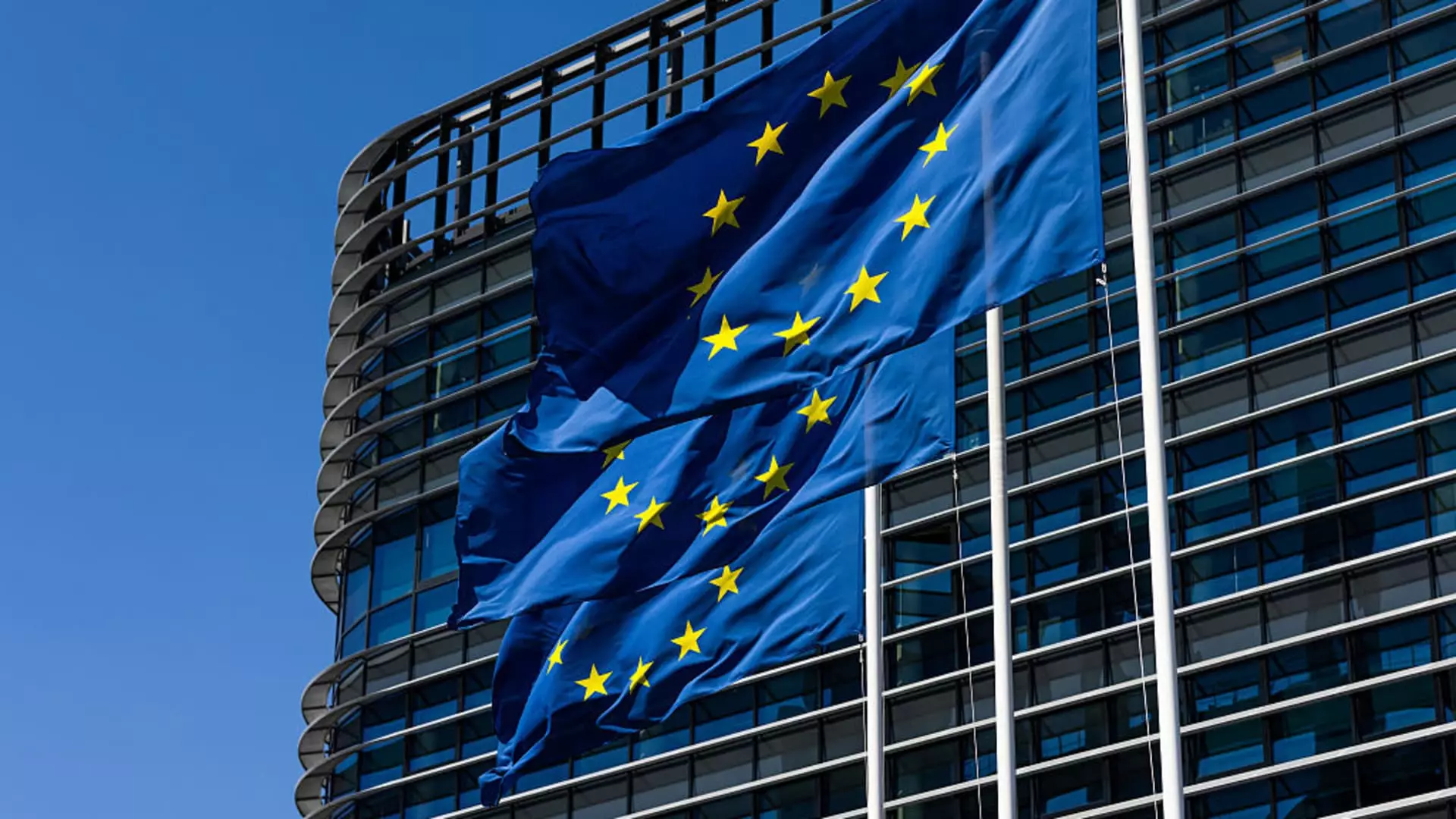In an era where global interconnectedness is essential for prosperity, the recent surge in aggressive tariff policies signals a disturbing retreat from collaborative economic stewardship. The Trump administration’s decision to impose a blanket 30% tariff on goods from the European Union and Mexico exemplifies an unsettling shift towards protectionism that undermines the very fabric of international relations. While some may argue that such measures protect American industries, the broader consequences threaten to destabilize transatlantic cooperation, destabilize economies, and deepen geopolitical divides. This approach eschews the nuanced understanding that economic diplomacy requires mutual trust and shared interests—elements sorely lacking in these tariff threats.
These tariffs are more than just economic tools; they represent a fundamental erosion of diplomatic diplomacy. The United States, once a leader in fostering global alliances, now gambles on confrontation rather than collaboration. By threatening to escalate tariffs further if retaliation occurs, the Trump administration seems increasingly willing to sacrifice long-term partnerships for short-term leverage. Such tactics risk igniting a trade war that could ripple through global markets, hitting businesses, consumers, and environmental health with unpredictable consequences.
Economic Risks Outweigh Political Posturing
The essential concern with these tariffs is their potential to disrupt critical supply chains. Europe is not just a partner; it is a key player in manufacturing, technology, and innovation pipelines that sustain American industries and jobs. Imposing punitive tariffs could elevate costs, delay product development, and ultimately lead to higher prices for American consumers. Instead of addressing substantive issues such as fair trade and market access, these protectionist measures elevate political posturing above pragmatic problem-solving.
Furthermore, the threat of retaliatory tariffs from the EU and Mexico reveals a significant misunderstanding of the mutual benefits of trade. Countries engage in commerce because it fosters growth, specialization, and shared prosperity. When tariffs threaten to upend these balances, the consequences are felt across sectors—from agriculture to manufacturing and healthcare. The European Commission’s warning about the potential disruption to essential supply chains underscores how these policies threaten to impair not just economic productivity but also public health, as medical supplies and critical goods could become delayed or more expensive.
The Illusion of Strength Through Aggression
What is most troubling about these tariff threats is the underlying assumption that economic confrontation signifies strength. This narrative fails to recognize that true strength lies in diplomatic resilience, adaptability, and principled engagement. The aggressive posture relayed through these tariffs underscores a defensive logic—one that dismisses the importance of building sustainable, reciprocal relationships that can adapt to changing global dynamics.
By framing these tariffs as a way to enforce “reciprocity,” the administration overlooks the complexities of global trade systems. It reduces international relations to transactional exchanges devoid of the diplomatic finesse necessary to navigate inevitable disagreements. Instead of championing fair trade through dialogue, the approach seems rooted in the desire for dominance, risking a damaging cycle of retaliation that could entrench divisions for years to come.
Center-Left Perspectives: A Call for Reasoned Leadership
From a centrist liberal perspective, the current trajectory reveals critical flaws in the administration’s approach to economic policy. While the pursuit of fair trade is justified, resorting to unilateral tariffs as a first response ignores the importance of multilateral negotiations and international institutions designed to mediate disputes. A more constructive path involves investing in multilateral efforts, fostering transparent dialogue, and championing policies that promote sustainable growth rather than short-term dominance.
Instead of escalating tensions with allies and partners, policymakers should leverage diplomatic channels, employ targeted measures against unfair trade practices, and safeguard the core principles of a rules-based international order. Ultimately, challenging global economic stability through reckless tariffs is a shortsighted move that imperils not only our economic future but also our moral leadership on the world stage.
In a time where global challenges demand collective effort—be it climate change, public health crises, or economic recovery—the pursuit of protectionist policies rooted in confrontational rhetoric is a dangerous miscalculation. It reflects a missed opportunity to reinforce the values of cooperation, mutual respect, and shared progress that define a resilient and just international community.

Leave a Reply